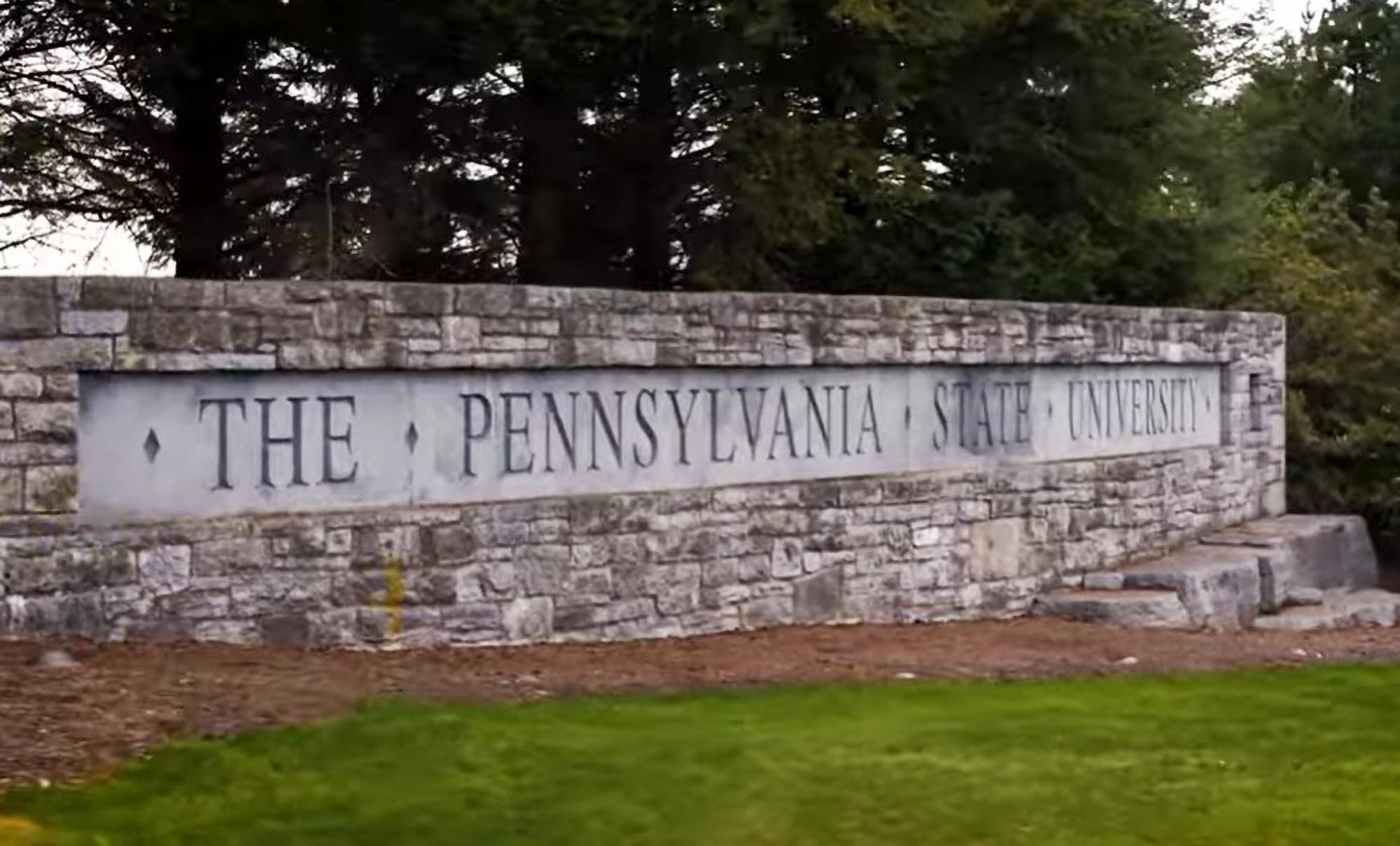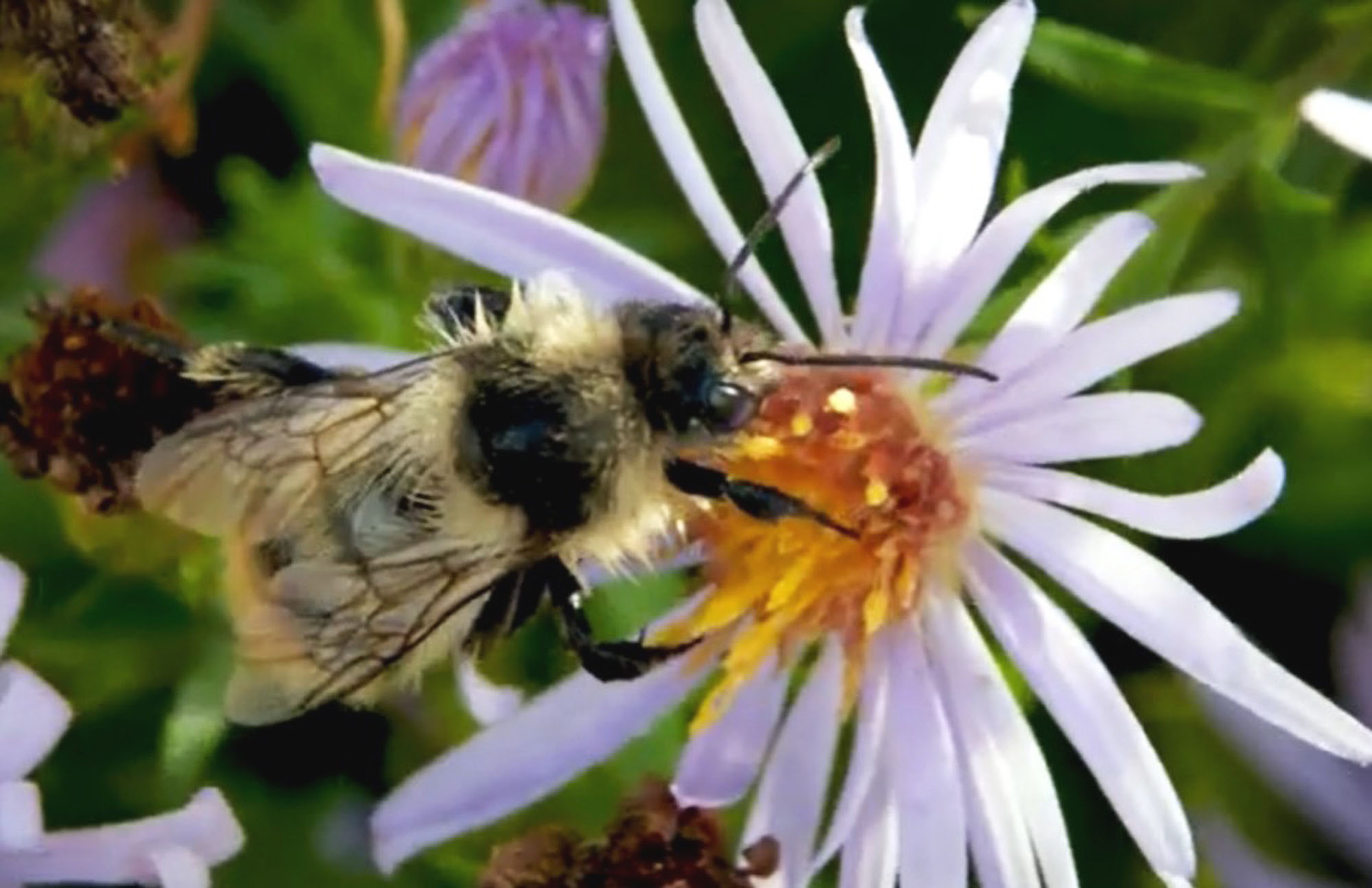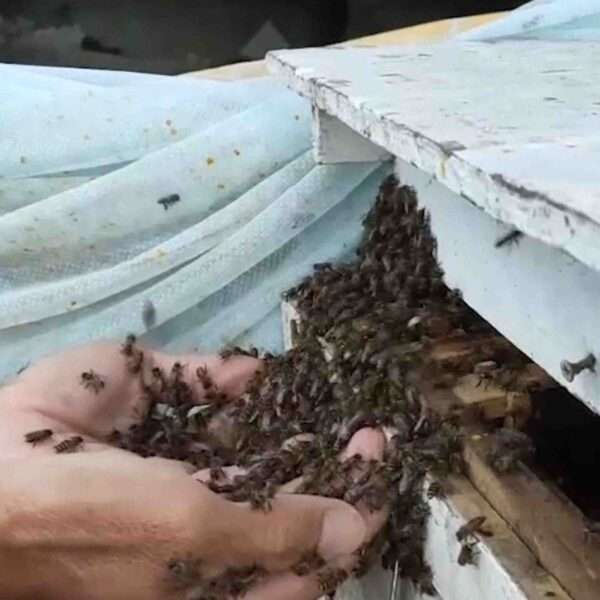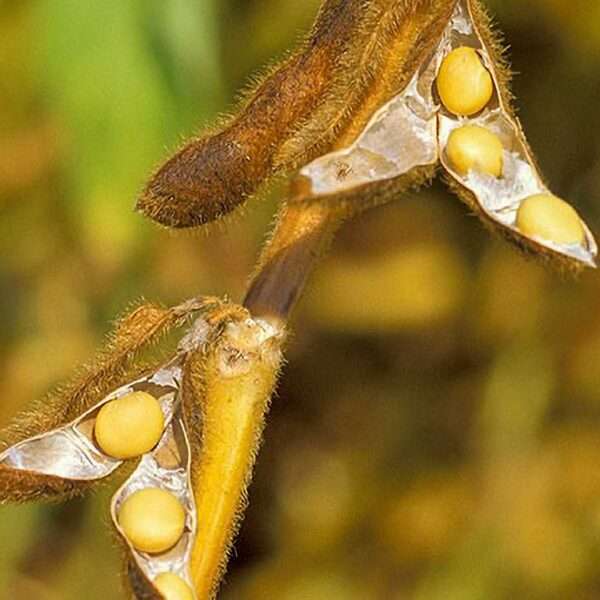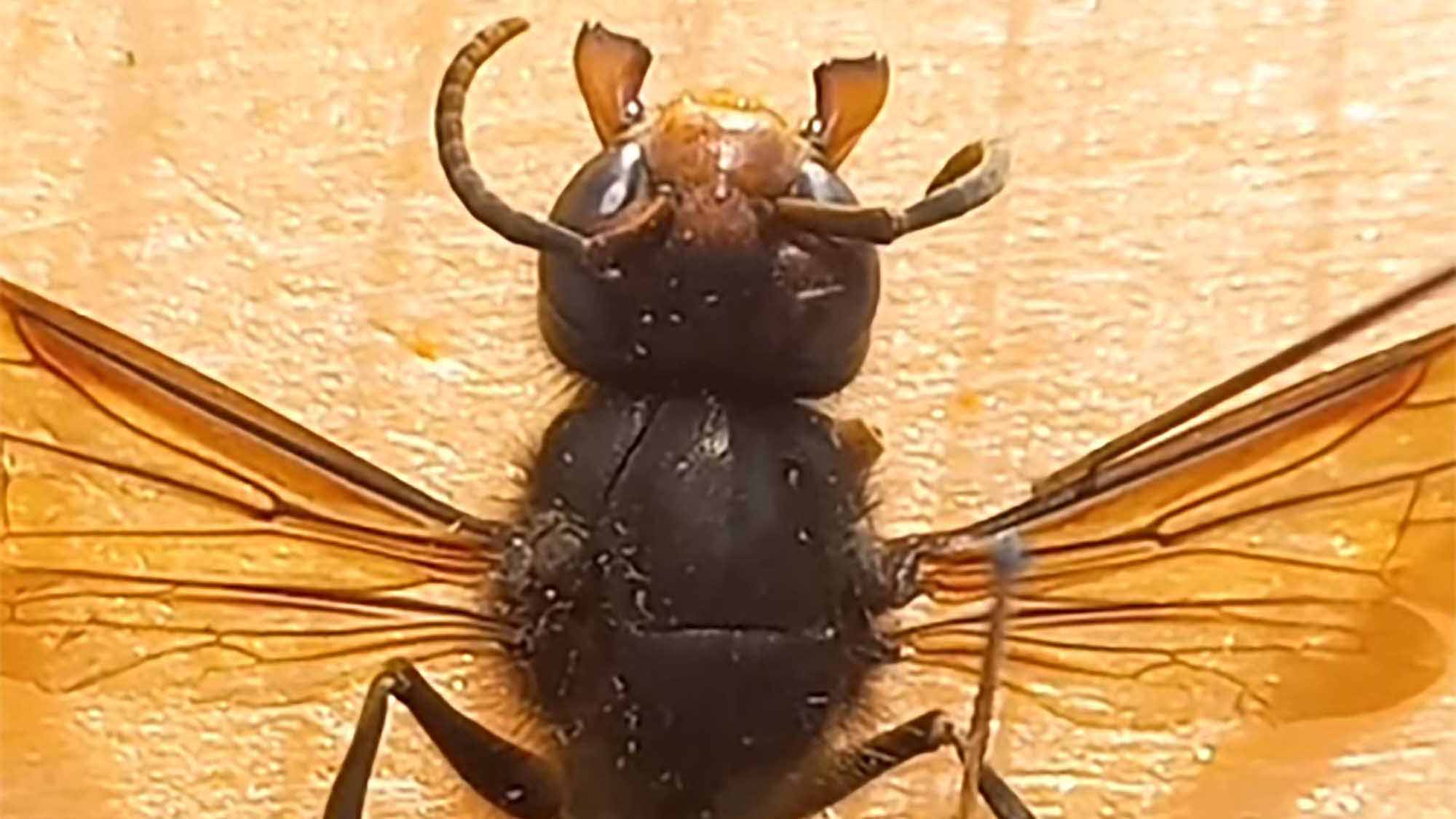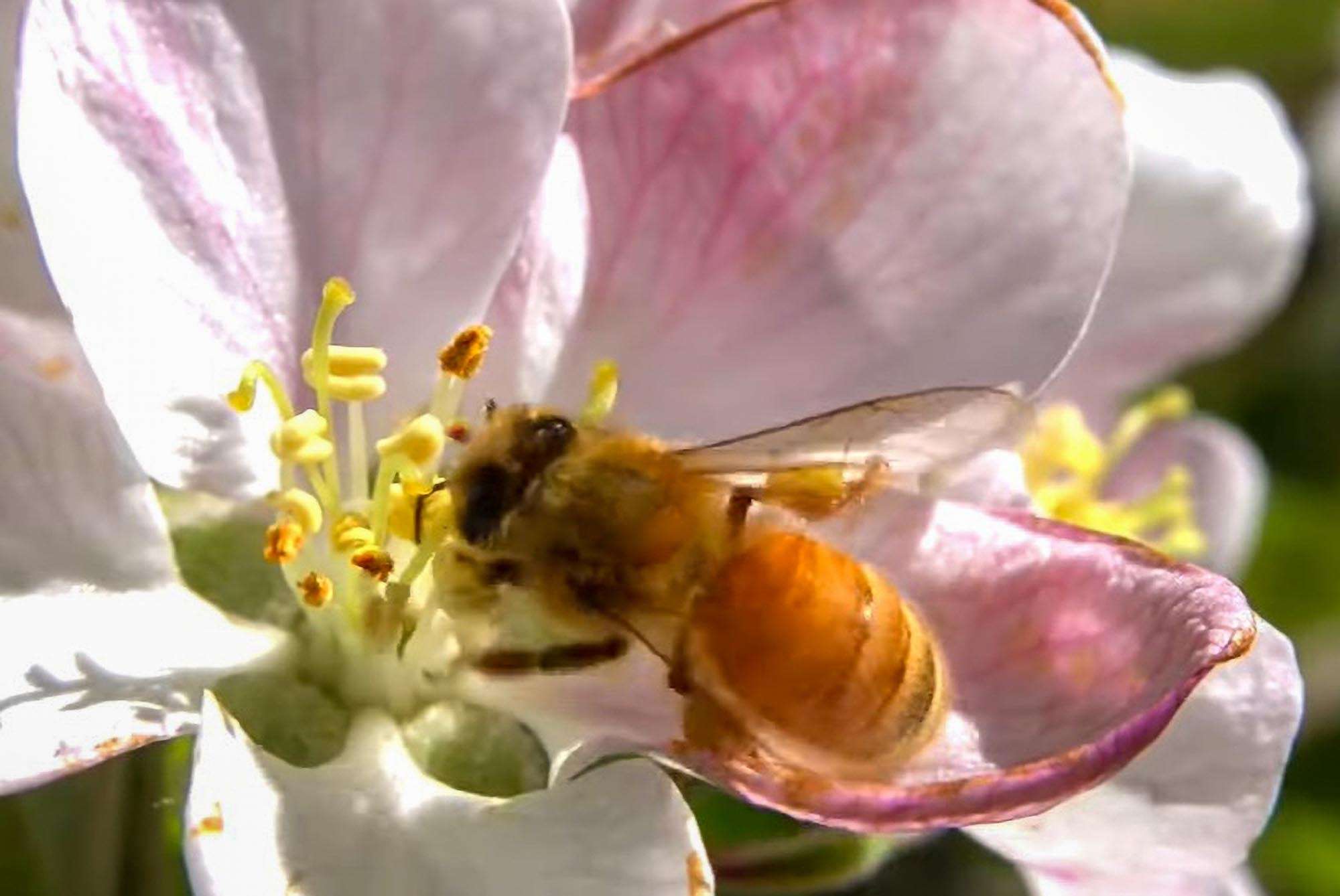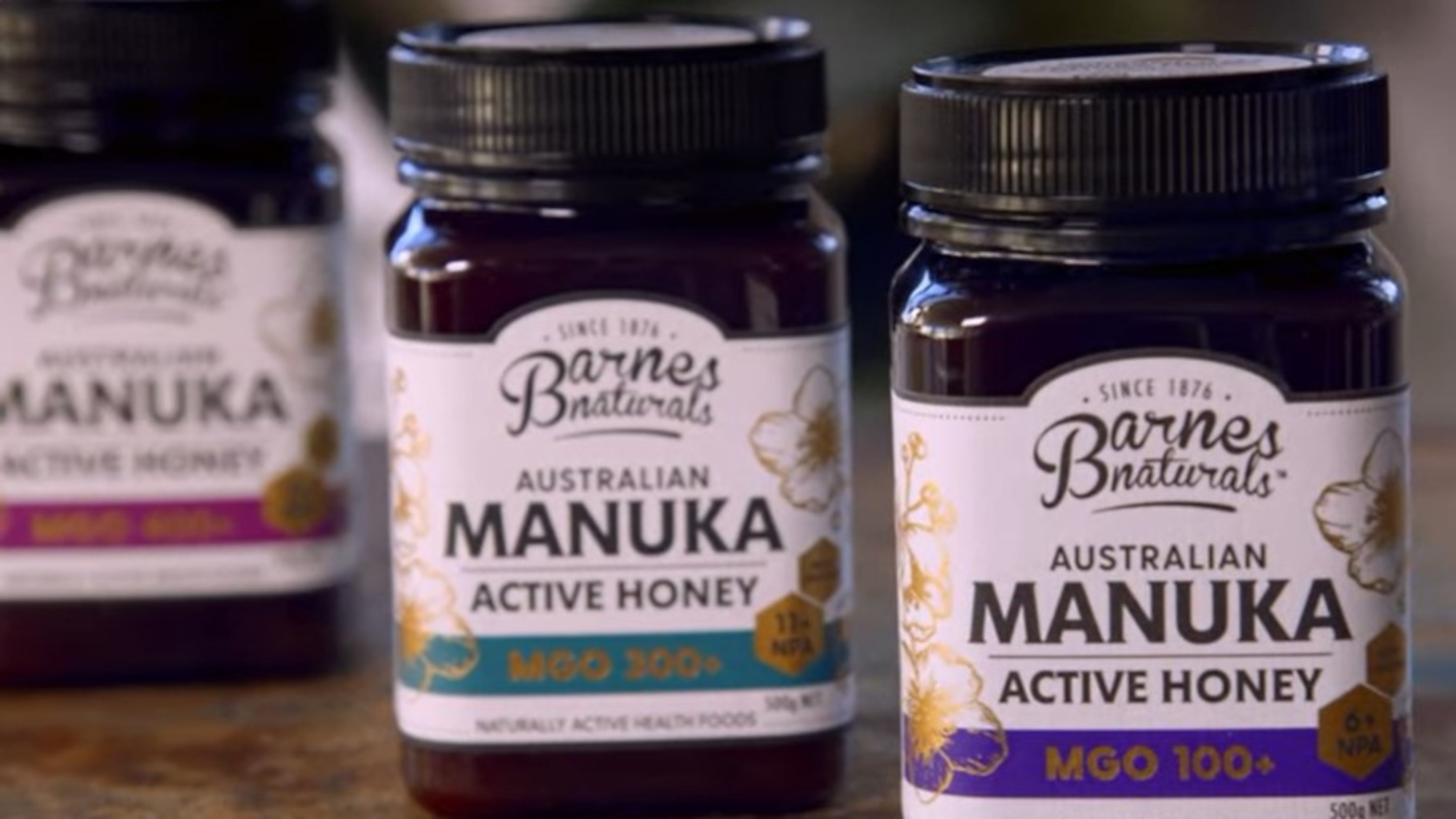A State Department official in charge of the government institution’s beekeeping ambitions in Washington, D.C. has told how the project helped to increase the consciousness regarding environmental issues.
Being the State Department’s deputy assistant secretary, Keith Hanigan saw urban apiculture become part of his comprehensive portfolio of responsibilities.
Ten years ago, honeybee hives were installed across the city as part of then-President Barack Obama’s pollinator protection initiative.
Speaking to CBS about the insects the broadcaster praises as “team-oriented, mission-focused drones”, Hanigan joked: “We try to keep them apolitical.”

The high-ranking official, who oversees everything to do with the agency’s asset management, maintenance and construction, revealed: “Bees is really one of the most important things I do here for the State Department.”
He explained: “We wanted to do our part and we knew that other agencies were getting involved as well. So it seemed like something small and simple that we could do.”
The hives are situated in different gardens and rooftops of office buildings. However, Hanigan did not disclose detailed figures regarding the number of colonies.
Speaking about the impact the project had on people’s perception, he concluded: “I think now you see them, you want to nurture and take care of them. I think it has really raised awareness. Certainly for me, but also for a lot of our staff.”
US American producers of honey claim a global market share of four per cent. The domestic per capita consumption of the product ranges between 0.9 and 1.4 kilogrammes (one to three pounds) per year.
Prof Adrian Dyer from Monash University in Melbourne, Australia, recently underlined: “Bees are relevant because their pollinating efforts contribute to about one-third of the food required to feed the world.
“They are threatened by climate change and other environmental factors.”


